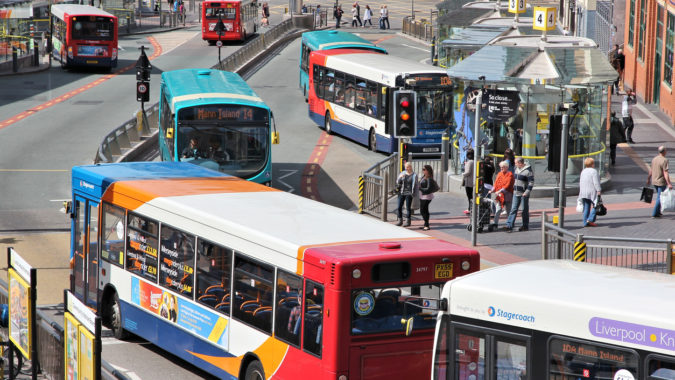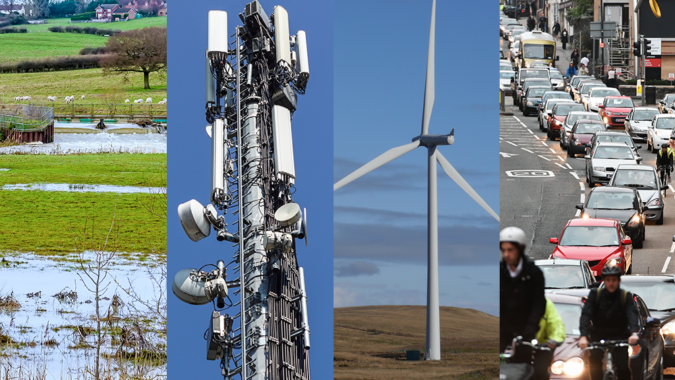Whether City Mapper or Google Maps; Amazon’s Alexa or Apple’s Siri, artificial intelligence is fast becoming an integral part of people’s everyday lives. The challenge over the coming years will be to exploit every possible opportunity that this new technology presents, and to keep up with the rapid pace of innovation and change to ensure the UK can be a world leader in this exciting field.
What do I mean by Artificial Intelligence? Lynne Parker, director of the division for information and intelligent systems at the National Science Foundation, describes this new technology as, “a broad set of methods, algorithms and technologies that make software ‘smart’ in a way that may seem human-like to an outside observer”. For me, this includes machine learning, computer vision, natural language processing and robotics – but also such new innovations as Virtual Reality.
As a country, we are particularly well-placed to be able to lead in this field, in the delivery and maintenance of our infrastructure and built environment. Some of the most innovative projects in this area are being developed right here in Britain: autonomous vehicles have been trialled in Greenwich and Milton Keynes; applications like Nest are controlling the temperature of our homes and offices, and drones are now being used to survey live construction sites.
As these technologies are used more often, the data available to us as to how they are used will also increase. This has already been critical in the development of significant projects: open data from the Environment Agency helps power FloodAlerts, an app offering 15-minute updates on flood warnings across the country; data from Transport for London has led to apps like City Mapper, and Manchester will soon offer a blueprint for Smart Cities of the future, thanks to the new Cityverve technology helping to identify how best to improve connections across neighbourhoods.
That’s why the Government has tasked the National Infrastructure Commission to look into how this technology can be further exploited, and be used to improve the productivity of our infrastructure network. There are already a range of possibilities: they include improving the design of our infrastructure, to better influence the behaviour of its users; improving construction, by using robotics to perform tasks too dangerous for human beings; improving the management of our infrastructure, for example, by using intelligent traffic systems to ease congestions in cities; and improving how we maintain our infrastructure, by using data to predict when repairs will be required.
For our study, we’re already working closely with organisations including Cambridge Centre for Smart Infrastructure and Construction, Alan Turing Institute and NESTA. But we’ll also be focusing our efforts on four key examples:
- Better asset management – looking at how technology can improve the maintenance of our infrastructure;
- Water efficiency – working with water companies to examine how technology is helping address problems such as leakages;
- Active traffic management – looking at smart traffic systems to tackle congestion and improve traffic flow; and
- Big Data – examining the issues around the collection, management, use and sharing of data underpinning, and generated by, the use of artificial intelligence
This is an area that is exciting people from across a range of different professions, and I was really encouraged by the discussion in response to my James Forrest lecture on the issue, and at the following workshop hosted by the Institution of Civil Engineers. This is just the start of the dialogue on how we can use AI to improve the way we create and deliver. Very shortly, we’ll be publishing a call for evidence, and I would encourage people to come forward with their views, whether in writing or at one of our dedicated events.
We plan to come forward with our recommendations by the end of the year – all of which will be designed to ensure we can make the best possible use of both the artificial intelligence technology available now, and capitalise on innovations in the future.
The revolution is only just beginning: I have been urging all the companies I work with to have a corporate strategy for the digital age, not a digital strategy, for many years now. More recently I have been urging them to have a mobile-first strategy. I am now pondering the wisdom of suggesting that companies have an AI-first strategy. Even at this early stage of the technology and of our research, the case for this approach appears to be strong.



